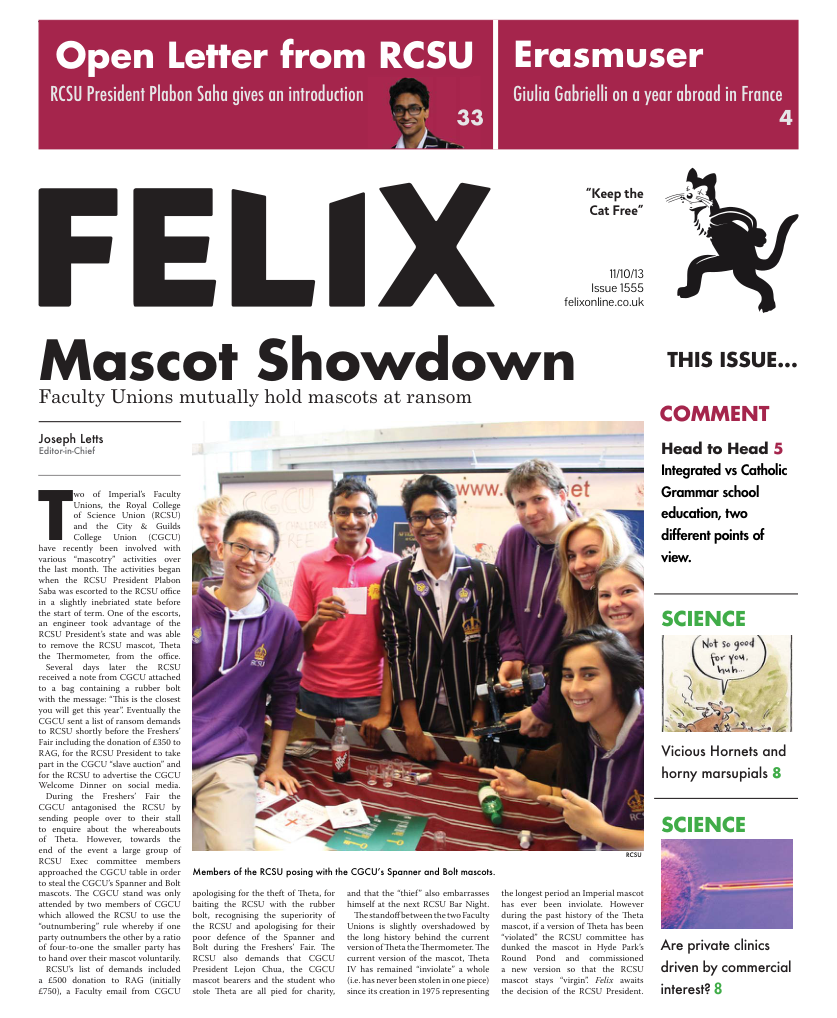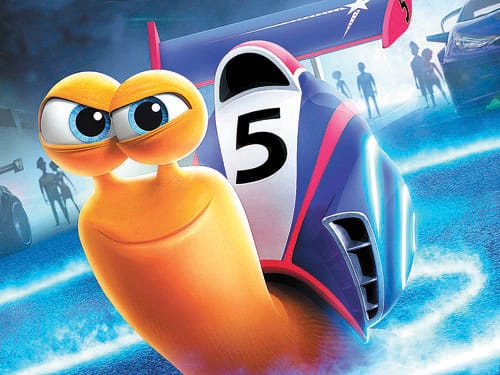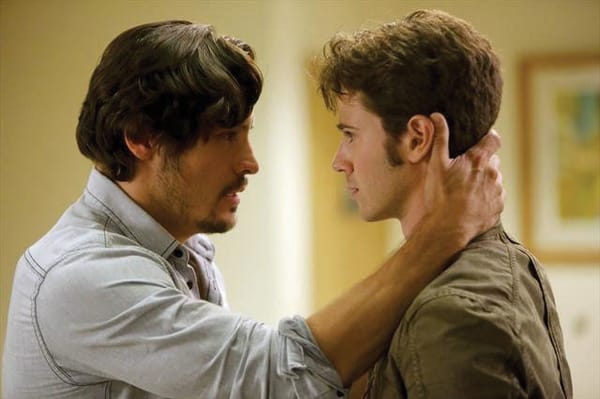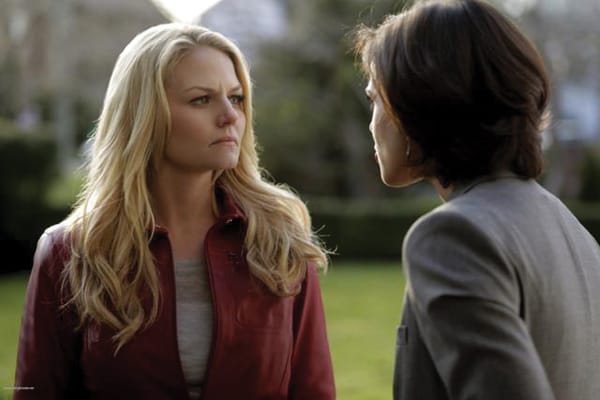Fasten your seatbelts... it’s going to be a bumpy night
There is something so intensely vigorous and exciting about Ron Howard’s Formula 1 biopic Rush. Focusing on British driver James Hunt (Hemsworth, excellent) and his rivalry with the German Niki Lauda (Brühl, a worthy opponent), here is a winning film that concentrates on having fun as well as...

There is something so intensely vigorous and exciting about Ron Howard’s Formula 1 biopic Rush. Focusing on British driver James Hunt (Hemsworth, excellent) and his rivalry with the German Niki Lauda (Brühl, a worthy opponent), here is a winning film that concentrates on having fun as well as staying on course to develop its characters.
In portraying Hunt and Lauda, that they’re the complete opposite in nature works to the film’s advantage in creating a fun dynamic. Hunt is the boozy, womanising, vomits-before every-race kind of playboy, whereas Lauda, who seems to know everything there is to know about cars, is a much more grounded, serious, hardworking type, whose only romantic streak with the opposite gender can be hilariously summed up in his “proposal” for marriage: “it might as well be you” he says to his future wife. So we’re all quite shocked when she says yes.
Together they start on the lower end of the racing world. But slowly working their way up, they eventually reach the Formula 1 racetracks. And through the first act or so it feels as though a lot of the deep-rooted personal histories of the two drivers leading up to this point have been glossed over, most possibly in favour of the adrenaline-fuelled race sequences to come.
But a lot can be forgiven when the technically sound, highly watchable and entertaining scenes hit the screen. The engines start roaring, the tyres start rolling, and backed by the thundering score of Hans Zimmer, off they go, risking their lives on the deadly tracks, and it’s this sense of uncertain danger that adds an unbearable amount of tension, particularly more so for individuals not familiar with the sport in the first place. The cars moves at an immense speed, and with each curve, each near-fatal-crash, the awe-inspiring wow factor is without doubt the film’s highlight. Howard places his cameras accordingly for maximum viewing experience, sometimes within the driver’s seat as well, so the audience gets a first-hand glimpse of what it’s like inside the helmet.
A major life event the film wisely chooses to spend some time on is Lauda’s catastrophic crash at the 1976 World Championship in Germany. With significant burns and multiple serious injuries, Lauda is left fighting for his life. And in a gut-wrenching series of scenes that quite graphically shows this struggle, it’s impossible not to sympathise for the helpless man, more so when his devastated wife Marlene (Lara) looks on from a distance. But without ever milking the dense, heavy emotions, the film carefully explores what must have been Lauda’s most painful, difficult weeks, whilst also reminding the audience of the races that are still happening without the German driver.
Hemsworth and Brühl don’t share as many scenes together as you’d expect – and frankly there isn’t a lot of dramatic showdown between the two other than on the racetrack itself. The behind-the-scenes rivalry between the two isn’t well captured initially, mostly due to the fact that the film also has their personal lives to juggle once the drivers’ fame and money kick in, but their love-hate bromance-type relationship does build up eventually, which leads to some very genuine heartfelt scenes in which we realise perhaps they did need one another for that extra drive and push. The two women standing by on each of the driver’s side is the aforementioned Marlene and English model/ socialist Suzy Hunt (Wilde, sporting a mighty fine English accent), who catches Hunt’s eyes. Together they further shape the personal lives of the drivers, injecting some fiery drama and at times, some well-placed humour stemming from events occurring away from the tracks. In the end with both their likable qualities, it doesn’t matter a huge deal when it comes to who eventually takes the trophy home. Lauda is ahead on points prior to his accident, and during his stay at the hospital for recovery, Hunt gains in on the ranks. The deciding race at Fuji in Japan, under frighteningly harsh weather conditions, is a final race worthy of putting a close to such an electric, exhilarating “based on a true story” biopic.








